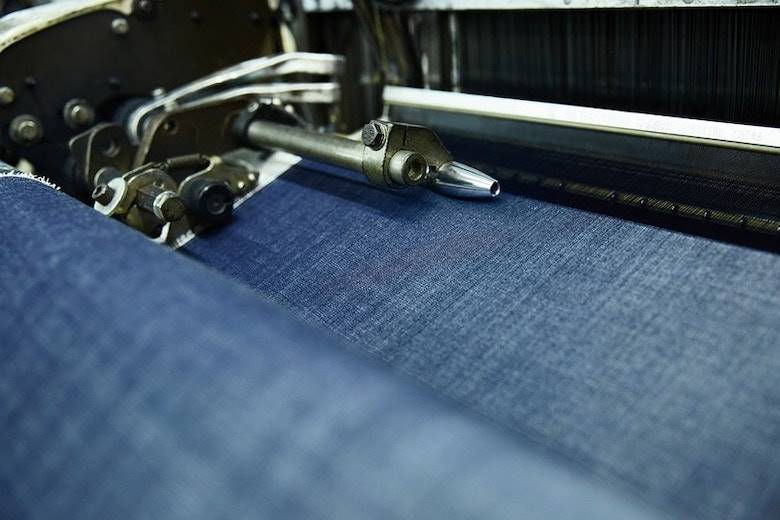PVH discusses responsible denim

Circularity, hemp and traceability all featured prominently in a discussion on responsible denim between PVH Europe’s Nicholas Prophte (vice president of sourcing, production and innovation) and Kingpins Show’s technology leader, Miguel Sanchez, during this month’s all-digital Kingpins24 denim supply chain event, which concluded yesterday.
PVH owns Tommy Hilfiger and Calvin Klein, among several other heritage brands.
Key to PVH’s circular strategy (which is “fashion-focused” at organisation level, Mr Prophte said) are lower-impact materials, recyclability-minded design, traceability and new business models (including Tommy Hilfiger’s Tommy For Life initiative, launched last year).
Significantly, the Hilfiger brand has already exceeded one of its circularity targets for 2025, involving the use of at least 20% post-consumer waste in the fabric mix. Today, Mr Prophte shared, around 70-80% of all Tommy Hilfiger denim contains at least 20% post-consumer recycled content as standard.
Other circularity-focused highlights included Mr Prophte sharing his pride in Tommy Hilfiger’s collaboration with Turkish denim mill Kipas on 100% recycled cotton denim, which he described to Mr Sanchez as a “unique disruptive innovation”.
Currently, the fabric’s recycled cotton content is made up of 80% pre-consumer and 20% post-consumer cotton, with the intention to increase the latter aspect to 30% in the short- to medium-term. 50:50 trials are also currently underway at the mill, with a strong focus on quality, durability and aesthetics.
Turning to hemp, Mr Prophte acknowledged the fibre’s “good potential” as an alternative to cotton, but he also stressed the need to “dive deep” for full visibility as to the raw fibre’s sustainable - ie, responsible - production at farm level. “As we speak”, he said, “[PVH] is assessing the fibre.”
Notably, Mr Prophte described European hemp as “mandatory” for the Tommy Hilfiger business and, when asked, confirmed the company’s use of “real” (not cottonised) hemp.
More will be revealed during PVH’s denim presentations this summer, he said.
As to traceability, the vice president praised a “holistic”, verifiable, blockchain-enabled approach (in order to ensure the integrity of all data collected, for example). He even hinted that his own company may be in the process of “cooking” a traceability tool.
Achieving both scale and collaboration - not only among denim community stakeholders, but also across the wider fashion industry - were also spotlighted as key factors for progressing truly responsible denim.
Image: Transformers Foundation.










